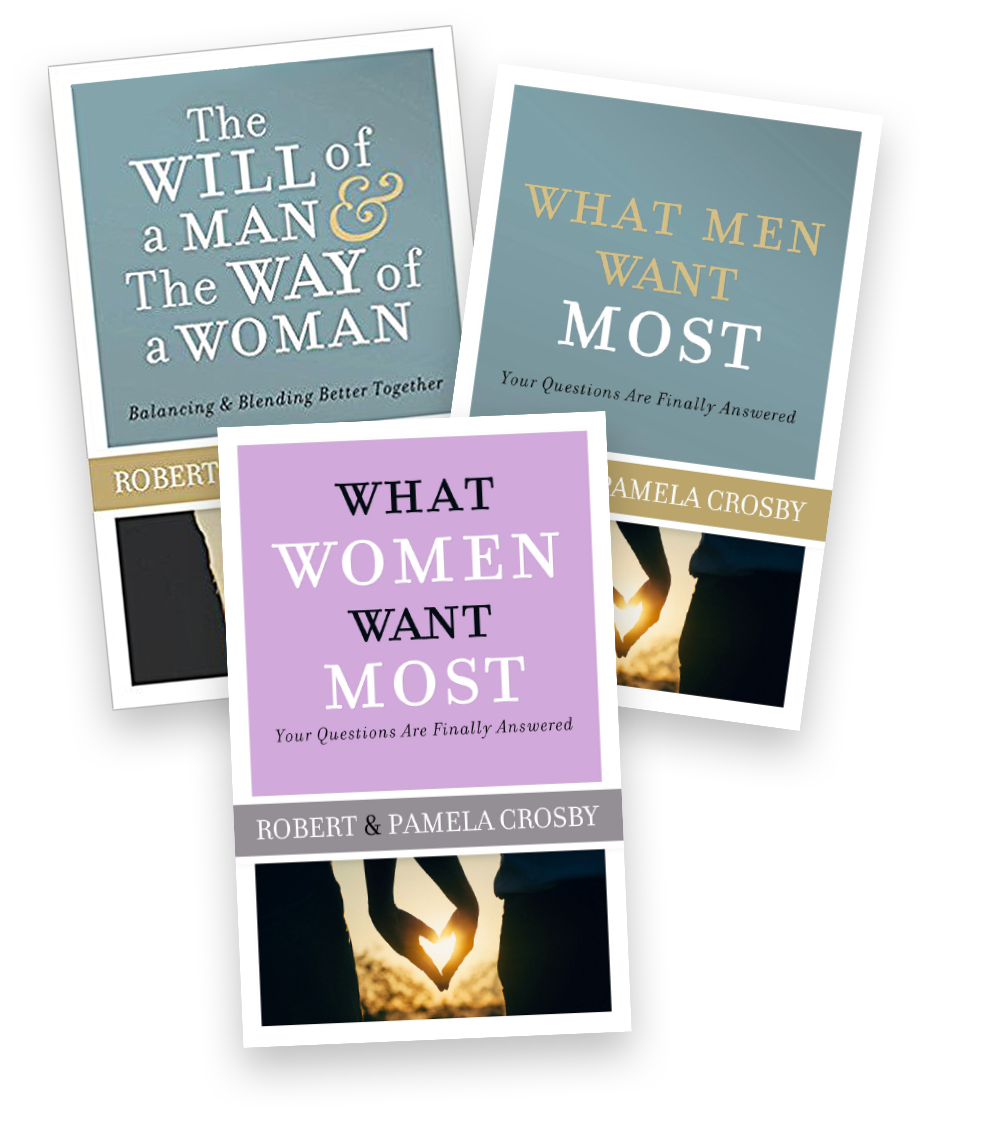5 Ways to Connect with God.
The Bible is a book of connections – connection with God and connection with our neighbor. It began with a man in deep and meaningful connection with God – personal, close, intimate, and consistent. Within just a few chapters of the Bible’s beginning, however, man forfeited this significant place of relationship when he allowed sin to enter the Garden.
Most of Scripture after the Fall describes a roller-coaster of men’s weak attempts at getting to know the God of the universe. Throughout their stories and experiences, one thing stands clear. There is a God calling man back into meaningful relationship with himself, and there are men and women often struggling to find that simple place we so desire of being “one with the Father” (John 17:22). The nature of the connection God wants us to have with him are presented throughout Scripture in various metaphors. Among the more prominent are:
The Vine and The Branches – In this relationship model, the key responsibility of man is Abiding. This was one of the Apostle John’s favorite concepts. Abiding in Christ to him meant more than just staying in his presence; it involved depending, trusting, believing, leaning on, relying heavily upon, and holding firmly to him in life. In this scenario God is our absolute Source of life, nourishment and attachment. And, like the original setting of Eden, this model takes place in a Garden (John 15).
The Shepherd and His Sheep – Another of John the Beloved’s favorite models, this one involves pleasing God by Following (John 10). Sheep are known to be among the dumbest of all animals in the East. They possess virtually no sense of direction and often will eat themselves unknowingly into a state of lostness. In this metaphor God is seen as our Soul Tender, the Psalm 23-like overseer who daily watches over not only our state of submission but the deepest needs of our soul. The setting of this model is a Pasture, or the place of feeding. He makes me “lie down in green pastures.”
The King and His Subjects – We are called to be faithful at Submitting to God. Jesus made it clear that he was doing more than putting together a movement, he was establishing a Kingdom, the Kingdom of God. The Kingdom was his constant message and preoccupation on this earth. It is the most otherworldly concept that he spoke of and yet the one illustrated by the most down to earth stories. This model presents God as our Ruler. He has come to do more than simply provide us with a relationship with himself. He is determined to impart to us a Kingdom (Luke 22:29).
The Captain and His Soldiers – Jesus is described in the book of Hebrews as the Captain of our Salvation (2:10; KJV). In this capacity our priority is Obeying. It is the one way in which we can convey our loyalty and our love, our consecration and our commitment. Serving as soldiers, we see God as our Leader. He understands the objective we hold, he recognizes the enemies we face, and he alone gives us our daily marching orders. In this model, we are on a mission and life is a constant Battlefield.
The Bridegroom and His Bride – Perhaps the most mysterious model is the one described by the Apostle Paul when he taught that Christ is the Bridegroom and his Church (i.e.: all those who follow Jesus) is his Bride. Paul said of it, “this is a profound mystery” (Eph. 5:32). His words virtually invite us to ponder the significance of this place of privilege. The example here in is one of Embracing God by way of a deep and intimate relationship. This model presents God not primarily as our Lord or our Leader, but as our Lover.
These various models of our connection with God, of the nature of our relationship to him, should not cause us confusion. For they represent not a variety of choices for how to approach him, but rather an assortment of views, or camera-angles, which describe just five of the premiere privileges afforded to the person whom Christ draws close to himself. To the Christian, Jesus is at once a nurturing Vine, a watchful Shepherd, an admirable King, an assertive Captain and an admiring Groom. He is that and so much more. He is all in all. John knew that better than any of the rest. To know him is to know life and to find yourself once again at home in Eden.
This post is excerpted from my book, More Than a Savior: When Jesus Calls You Friend (Multnomah Books).








